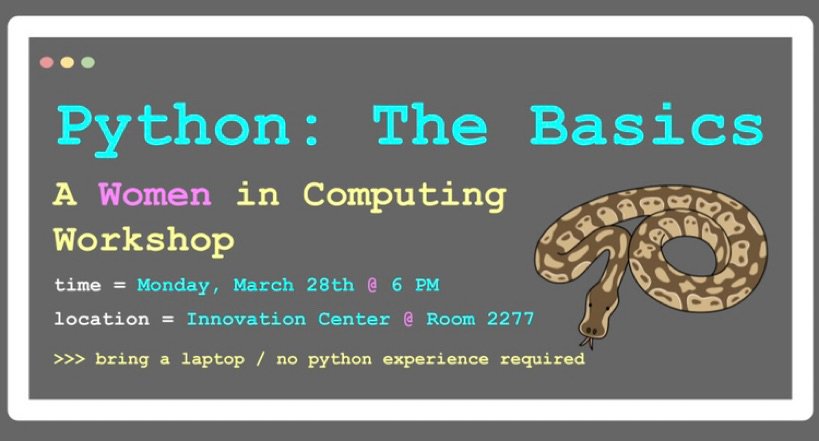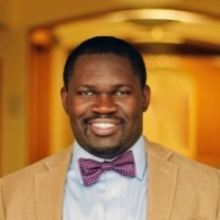CNN-based Dendrite Core Detection from Microscopic Images
- 46 views
DISSERTATION DEFENSE
Author : Xiaoguang Li
Advisor : Dr. Song Wang
Date : March 31, 2022
Time : 3:00 pm
Place : Virtual (Zoom link below)
Zoom link: https://zoom.us/j/3845952539?pwd=WkVxVmdETU4zcy9FcDNnOVNDdzE4UT09
Abstract
Dendrite core is the center point of the dendrite. The information of dendrite core is very helpful for material scientists to analyze the properties of materials. Therefore, detecting the dendrite core is a very important task in the material science field. Meanwhile, because of some special properties of the dendrites, this task is also very challenging. Different from the typical detection problems in the computer vision field, detecting the dendrite core aims to detect a single point location instead of the bounding-box. As a result, the existing regressing bounding-box based detection methods can not work well on this task because the calculated center point location based on the upper-left and lower-right corners of the bounding-box is usually not precise. In this work, we formulate the dendrite core detection problem as a segmentation task and proposed a novel detection method to detect the dendrite core directly. Our whole pipeline contains three steps: Easy Sample Detection (ESD), Hard Sample Detection (HSD), and Hard Sample Refinement (HSR). Specifically, ESD and HSD focus on the easy samples and hard samples of dendrite cores respectively. Both of them employ the same Central Point Detection Network (CPDN) but not sharing parameters. To make HSD only focus on the feature of hard samples of dendrite cores, we destroy the structure of the easy samples of dendrites which are detected by ESD and force HSD to learn the feature of hard samples. HSR is binary classifier which is used to filter out the false positive prediction of HSD. We evaluate our method on the dendrite dataset. Our method outperforms the state-of-the-art baselines on three metrics, i.e., Recall, Precision, and F-score



